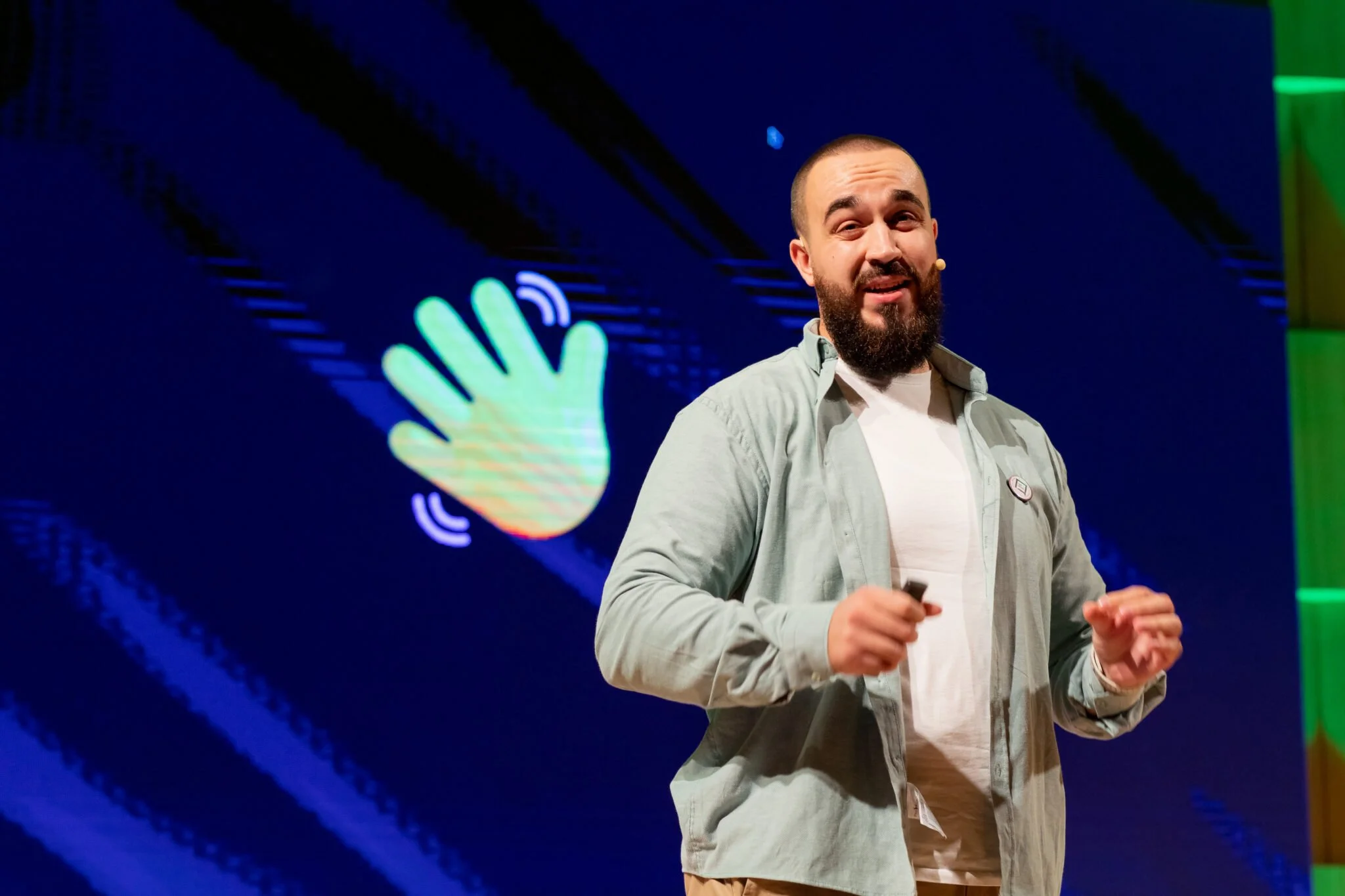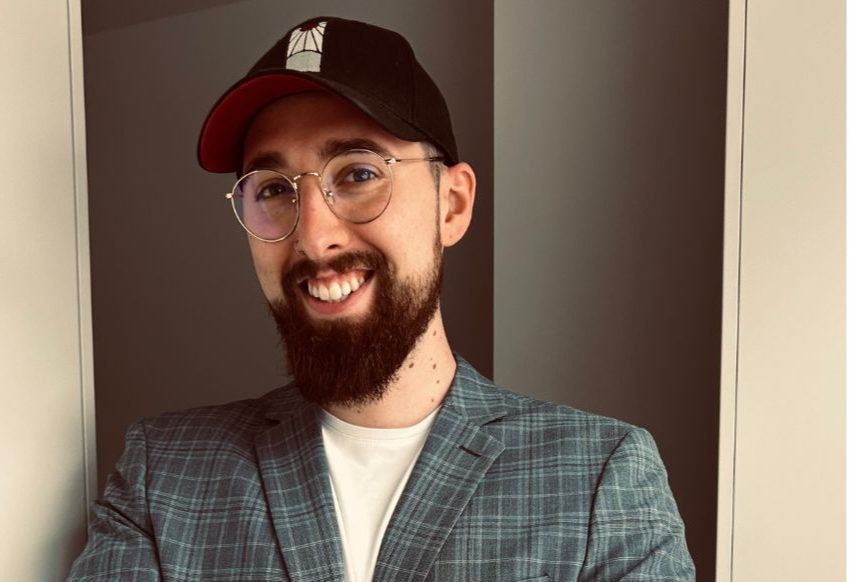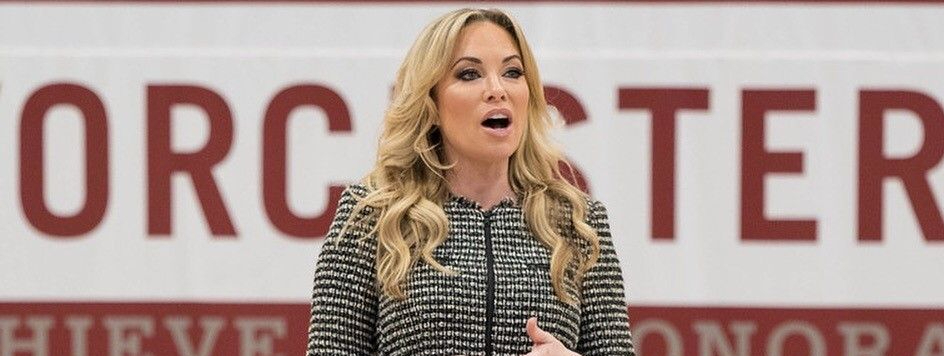LinkedIn Voices: Chip Conley
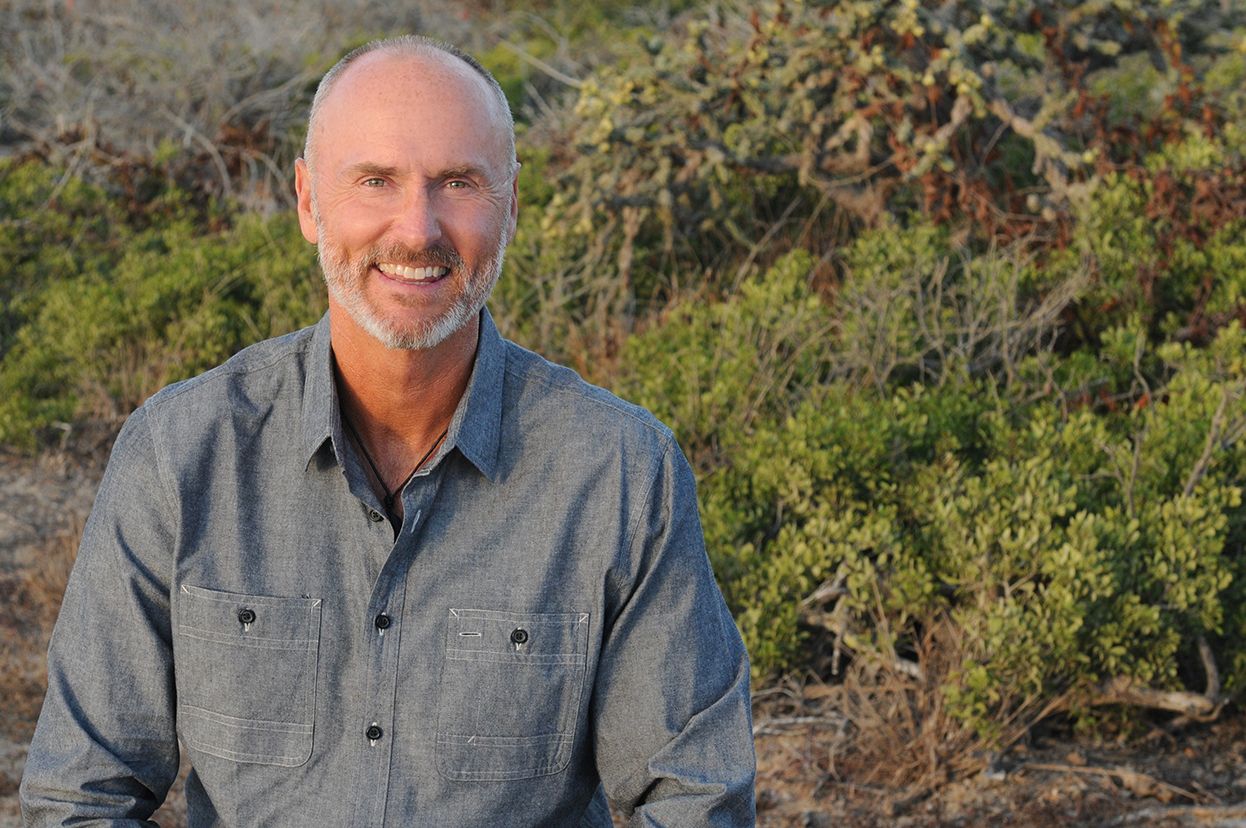
Chip Conley is redefining what it means to age, lead, and live with purpose. From pioneering the boutique hospitality movement to mentoring at Airbnb and founding the world’s first “midlife wisdom school,” his work bridges business innovation with personal transformation.
Where others see midlife as decline, Chip sees it as a chrysalis; a period of metamorphosis, not retreat.
Who Is Chip Conley?
Chip Conley is an American entrepreneur, hospitality visionary, best-selling author, and speaker whose career has continually challenged traditional definitions of success and aging.
He founded Joie de Vivre Hospitality at age 26, transforming a single run-down motel in San Francisco into the second-largest boutique hotel brand in the U.S., with over 50 properties. His approach merged psychology and business, inspired by Abraham Maslow’s hierarchy of need, to turn hospitality into an experience of meaning, not just comfort.
In 2013, Chip joined Airbnb as Head of Global Hospitality and Strategy. There, he became known as the “Modern Elder”, mentoring the Millennial founders and guiding the company through its hypergrowth phase. He helped shape Airbnb’s host culture, global expansion, and human-centered brand identity.
That experience inspired his next act: The Modern Elder Academy (MEA), the world’s first “midlife wisdom school,” dedicated to helping people navigate life transitions with clarity, curiosity, and purpose.
From Hospitality to Humanity
After selling Joie de Vivre and experiencing both entrepreneurial triumph and personal crisis; including a near-death experience; Chip shifted his focus from managing hotels to elevating human potential.
At Airbnb, he saw firsthand how wisdom and youthful innovation could co-exist. The idea of the modern elder, “someone as curious as they are wise” became a philosophy, not just a title.
This philosophy now powers MEA, with campuses in Baja California Sur, Mexico, and Santa Fe, New Mexico. Thousands of professionals from 45+ countries have attended programs on midlife renewal, emotional intelligence, and purposeful aging.
“Midlife isn’t a crisis; it’s a chrysalis; a stage of transformation that prepares you for your next growth.”
Mission: Making Midlife Modern
Chip’s mission is to rebrand aging as growth, not decline. Through MEA, his books, and global keynotes, he’s creating a movement that reframes midlife as a time of reinvention, creativity, and contribution.
MEA’s vision:
Normalize transition: Helping individuals navigate career pivots, identity shifts, and life’s “second act.”
Foster community: Offering immersive programs that combine neuroscience, psychology, and spiritual reflection.
Scale wisdom: Expanding midlife education into digital learning and corporate leadership programs.
His leadership philosophy emphasizes emotional intelligence, curiosity, and intergenerational collaboration, crucial tools for the future of work.
Themes & Message Pillars
1. Wisdom at Work
Chip believes experience is an undervalued asset in the modern workplace. His book Wisdom@Work redefines mentorship as a two-way exchange where age diversity drives innovation.
2. Midlife as a Chrysalis
He challenges the “midlife crisis” narrative, presenting it instead as a metamorphic stage of personal and professional rebirth.
3. Emotional Equations
Drawing from his book Emotional Equations, Chip teaches that understanding one’s emotions is a form of intelligence, a business advantage and a personal compass.
4. Hospitality as Humanity
From hotels to classrooms, Chip’s philosophy centers on the human experience. Success, he argues, comes from creating belonging and meaning, not just transactions.
5. Living with Purpose
Whether facing cancer, change, or reinvention, Chip models resilience with radical honesty. His reflections remind audiences that the most meaningful growth often comes from uncertainty.
Some of His Talks
LinkedIn Content Strategy: Wisdom in Action
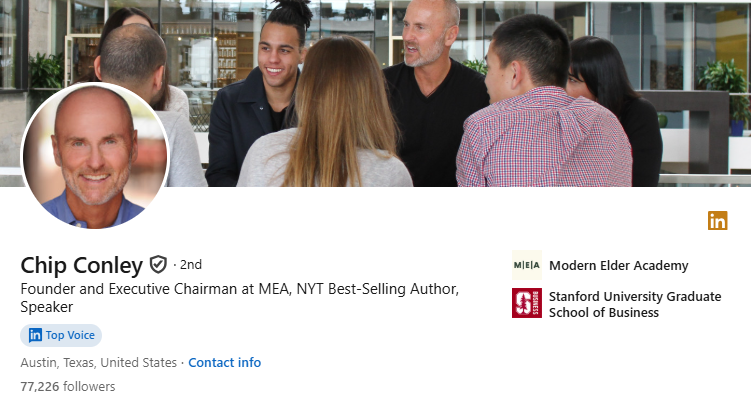
Chip Conley’s presence on LinkedIn embodies reflective leadership and intergenerational learning. His posts blend philosophy, research, and storytelling, transforming personal experience into universal insight.
Strategy Highlights:
Narrative-Driven Wisdom: Every post reads like a journal entry filled with psychological insight and poetic reflection.
Research & Resonance: He references credible studies (e.g., cognitive performance peaks at 60) to challenge societal assumptions.
Emotional Transparency: Shares personal experiences with near-death, aging, and illness to normalize vulnerability in leadership.
Engagement Through Depth: Encourages discussion through profound yet accessible questions (“What are you ready to unlearn?”).
Tone & Style:
Empathetic, philosophical, and deeply human.
Weaves storytelling with research-based insights.
Balances vulnerability with intellectual rigor.
Selected LinkedIn Posts
It’s one of the great paradoxes of midlife: my closet is so full it could qualify as a fire hazard, my fridge looks like it’s auditioning for a cooking… | Chip Conley | 23 comments
I have cancer inside me. MD Anderson says it’s in remission. UCSF says it’s not. That’s confusing, especially when my most recent blood test showed a… | Chip Conley | 39 comments
Why Chip Conley Matters?
Chip Conley represents a new generation of leaders who merge business acumen with soulful intelligence. His life’s work demonstrates that success is not measured by accumulation, but by contribution, and that reinvention is always possible, at any age.
He is helping millions rewrite the narrative of midlife, proving that wisdom, curiosity, and purpose can coexist, and thrive.
“We’re not aging. We’re ripening, becoming more complex, more flavorful, more ourselves.” - Chip Conley
Profile Summary
Info | Detail |
Name | Chip Conley |
Title | Founder & Executive Chairman at Modern Elder Academy (MEA) |
Focus | Leadership, Midlife Transformation, Emotional Intelligence, Hospitality, Purposeful Living |
Experience | Founder of Joie de Vivre Hospitality; Head of Global Hospitality & Strategy at Airbnb; Founder of MEA |
Education | Stanford University Graduate School of Business |
Location | Austin, Texas, USA |
Books | Wisdom@Work, Learning to Love Midlife, Emotional Equations, Peak, The Rebel Rules |
Media & Talks | 3x TED Speaker; Featured on GMA, The Today Show, BBC, WSJ |
Platform Reach | LinkedIn Top Voice; 250K+ followers; Global MEA community in 45+ countries |
Notable Achievements | Founded world’s first midlife wisdom school; Scaled Joie de Vivre to 52 hotels; Mentored Airbnb founders |
Website | |
MEA Website |






